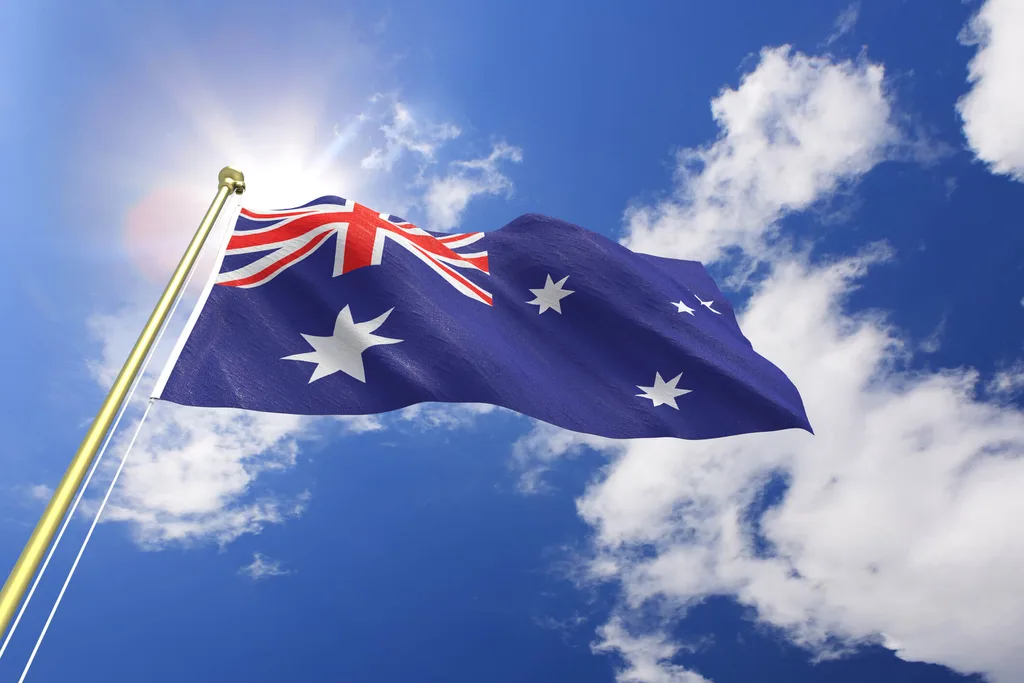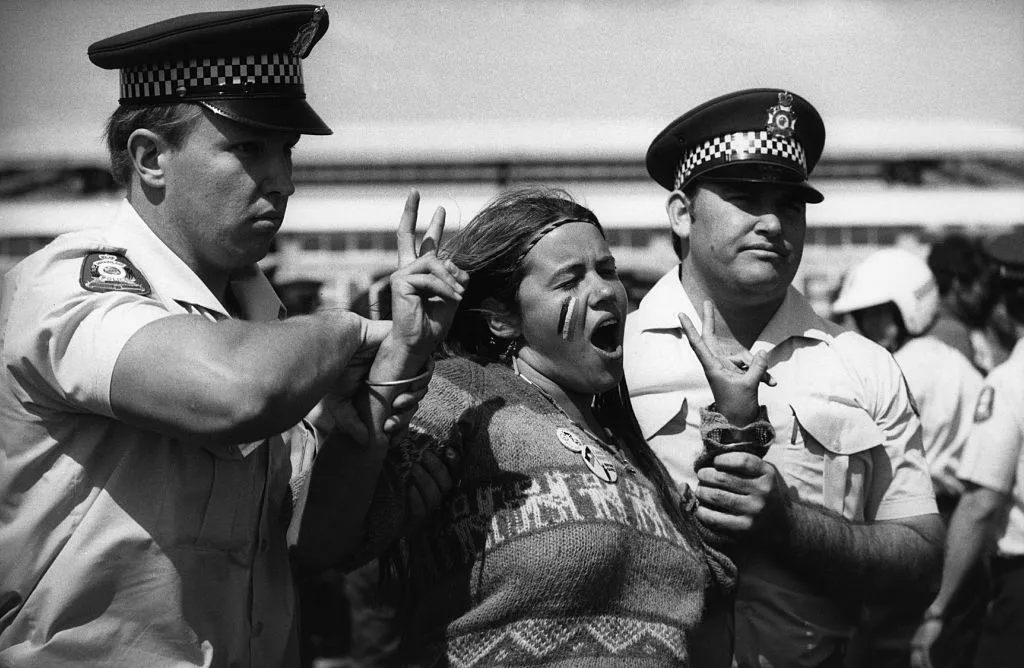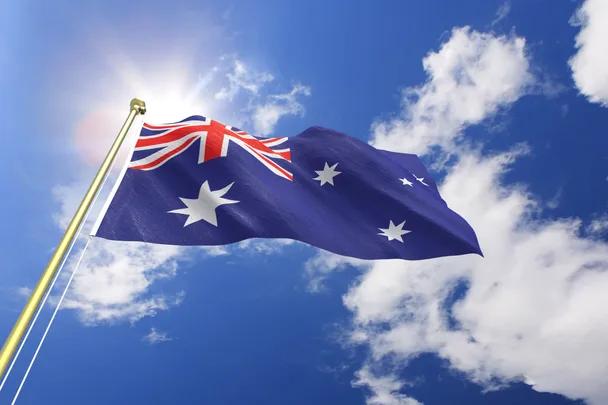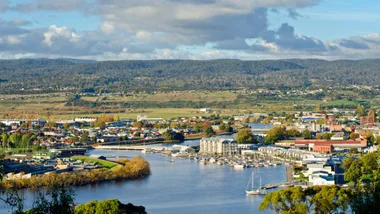Flags are a critical part of national identity. They’re not just pieces of cloth – they’re an important symbol of patriotism and love for one‘s country. When you decide to burn a flag, it’s a powerful and greatly symbolic act of protest. And that’s also why the legality of flag burning is a controversial topic in countries all over the world, including in Australia.
In this article, we discuss the legality of flag burning in Australia and take a look at the laws involved, as well as explore the history of flag burning in the country.
RELATED: Kevin Rudd ‘s Sorry Speech – Sorry Day Apology in Full
Is It Illegal To Burn The Australian Flag?
Burning the Australian flag is legal, but it must be done in a safe and legal way that won’t cause harm, panic, or fear in others.
What Are The Exact Laws Around Burning The Australian Flag?
The Flags Act of 1953 defines the flag of Australia and describes the protocols around handling it. In the Act, there is no indication that burning or otherwise desecrating the flag is illegal in any way.

Since then, several lawmakers have attempted to introduce bills or amendments that would make it illegal to burn or otherwise deface the Australian flag.
For example, during the Second Reading debates of the Flags Act of 1953 – when it was just a bill, prior to acceptance in the legislature – Arthur Calwell of the Labor Party commented that the American government doesn’t allow their flag to be defaced.
Between 1989 and 1992, Michael Cobb, MP for Parkes, tried to introduce a bill that would make it illegal to burn the Australian flag, but none of his attempts succeeded.
In 2002 and 2003, as the ‘War on Terror’ was met with plenty of anti-war protests all over the world, several lawmakers, as well as the Deputy Prime Minister, called for flag protection laws that would make flag burning illegal.
Also in 2003, Opposition Leader Colin Barnett put up a Flag Protection Bill that would carry a hefty penalty of up to $AUD 6000 for desecrating the Australian flag in a way that “is intended to cause offence to any person or persons.”
As recently as May 2016, the Flags Amendment (Protecting Australian Flags) Bill 2016 was proposed by George Christensen, MP for Dawson, but this too failed to make it into law.
Are There Any Well Documented Cases Of Public Displays Of Australian Flag Burning?
In the 2003 Queensland case Coleman v Kinbacher & Anor, Patrick John Coleman was convicted after he poured petrol on a very large Australian flag and set fire to it during the Australia Day celebrations on January 26, 2002. He wasn’t charged with the act of burning the Australian flag, but of violating rules and regulations pertaining to disorderly conduct.
Burning the Australian flag is generally a common occurrence on Australia Day, especially by indigenous rights activists who often hold their own Invasion Day protests.

On December 11, 2005, during the Cronulla riots, a man climbed up a flagpole belonging to the Brighton-le-Sands RSL, took down their flag and set it on fire. He was sentenced to 12 months’ probation, not for burning the flag but for destroying the RSL’s property.
How Do Australia’s Laws Differ From The Laws Of Other Countries?
Every country has its own legal views on flag burning. Let’s explore some interesting ones, and contrast them against the relatively lax Australian flag laws.
United States
While Arthur Calwell mentioned American flag defacement laws, it’s actually legal to burn the US flag. In fact, the US Supreme Court has struck down several laws that attempted to ban flag burning, stating that such would be a violation of constitutional freedom of speech. Like Australia, the US has had various flag burning convictions, but mostly due to the destruction of property.
Philippines
In the Philippines, it’s illegal to “mutilate, deface, defile, trample on or cast contempt or commit any act or omission casting dishonor or ridicule upon” the Philippine flag, though there’s no mention of burning in the law. However, Philippine law actually states that flags showing signs of wear and tear should be burned in a solemn ceremony.
Portugal
In Portugal, not only is it illegal to burn the Portuguese flag, it’s actually illegal to burn the flags of other countries as well. Burning the Portuguese flag can land you in prison for up to two years or incur a fine of up to 240 days’ worth of wages, while burning the flag of another nation has half the penalty.
When In Doubt, Keep Picketing
Burning of the Australian flag is a powerful way to demonstrate your ideals. However, if you don’t conduct it safely, you risk running afoul of the law, not to mention potentially harming yourself and others. If you doubt your ability to carry out a flag burning in a safe and peaceful manner, stick to holding a sign!
RELATED: Sorry Day – Why is it Important?
 Getty
Getty









